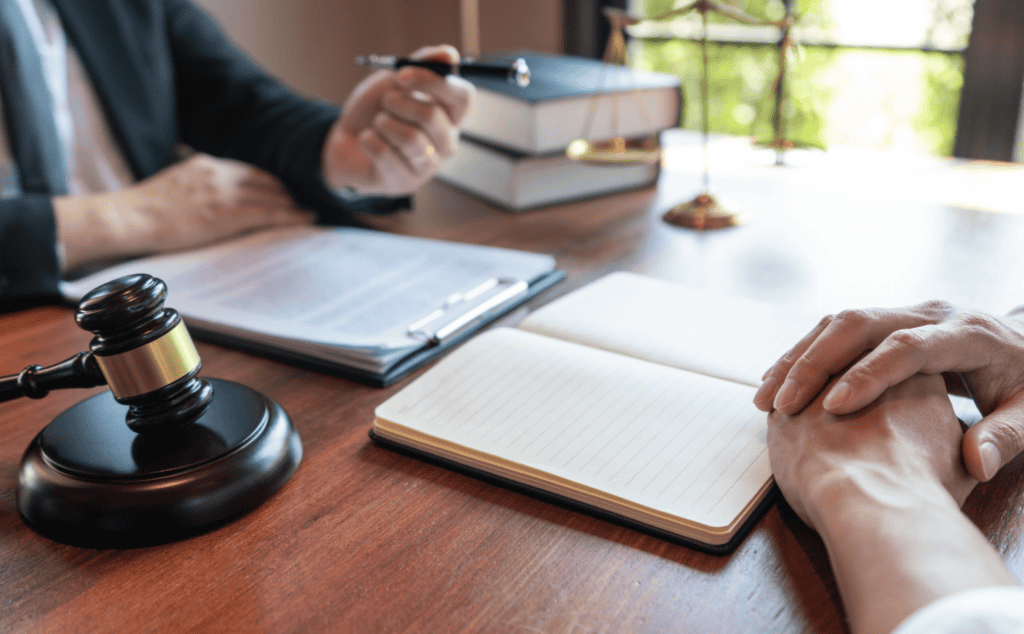Handling accusations of assault can have a significant effect on mental health. From facing legal uncertainties to managing public scrutiny, the journey is laden with challenges. Seeking guidance from a skilled lawyer can offer clarity and support.
The emotional toll of an assault allegation cannot be overstated. It’s crucial to prioritize self-care and seek professional support. Managing stress, anxiety, and societal pressures requires resilience and compassion towards oneself.
On this post, we will focus on handling assault allegations and how it can have a significant effect on mental health. When faced with intricate legal matters, book a consultation with an assault lawyer who can offer legal clarification and tactical direction.
Understanding the Emotional Impact
When faced with assault allegations, the initial emotional response can range from shock and disbelief to fear and anxiety. These feelings are normal. It’s crucial to acknowledge these emotions rather than suppress them. Seeking support from trusted friends, family, or mental health professionals can provide a necessary outlet for these intense feelings.

Legal Steps and Mental Preparation
Engaging a competent attorney is paramount when dealing with assault allegations. You will receive assistance from your attorney in understanding the legal system, your rights, and potential outcomes. This information can help reduce some of the anxiety caused by uncertainty.
While your attorney handles the legal intricacies, focus on your mental preparation. Stay informed about your case without becoming obsessed. Constantly reviewing details can exacerbate stress and anxiety. Set specific times for legal discussions and updates to create a balance.
Coping Mechanisms and Support Systems
It is crucial to create useful coping strategies. Practice awareness and relaxation techniques, such as meditation and deep breathing. These procedures can assist you in regaining your bearings when tension levels are high.
Support systems play a vital role. Engage with a therapist who specializes in trauma or legal related stress. Therapy offers a secure environment for sharing worries and annoyances. Support groups for individuals facing legal battles can provide shared experiences and coping strategies.
Maintaining Routine and Structure
Maintaining a routine can provide a sense of normalcy and control. A healthy diet, regular sleep habits, and physical exercise all have a significant positive impact on mental health. Exercise, in particular, releases endorphins, which can help alleviate anxiety and depression.
Mindful Media Consumption
Use media with awareness. Social media updates and news articles can be overpowering and frequently sensationalized. Limit exposure to potentially distressing content. Instead, focus on credible sources and stay updated through your attorney.
Establishing Limits
Protecting your emotional health requires setting limits. Clearly communicate with those around you about what you are comfortable discussing regarding the case. This can prevent unnecessary stress and preserve your emotional energy for essential matters.

Self-Compassion and Realistic Expectations
Practicing self-compassion is vital. Assault allegations can lead to self-doubt and harsh self-criticism. Remind yourself that facing such allegations does not define your entire character. Set realistic expectations for yourself during this period. It’s okay to have days where you feel overwhelmed; recognize that it’s part of the process.
Focus on the Future
While it’s essential to address the present situation, maintaining a forward-looking perspective can be beneficial. Consider future goals and aspirations. Engaging in hobbies or planning post resolution activities can provide a sense of hope and purpose.
Final Thoughts on Handling Assault Allegations
It takes compassionate self-care to navigate the complexity of mental health issues while facing allegations of assault. Prioritize your wellbeing by seeking therapy and leaning on trusted confidants.
Legal processes can be emotionally taxing, so maintaining boundaries and practicing mindfulness are crucial. Remember, healing takes time, and it’s okay to seek help.


